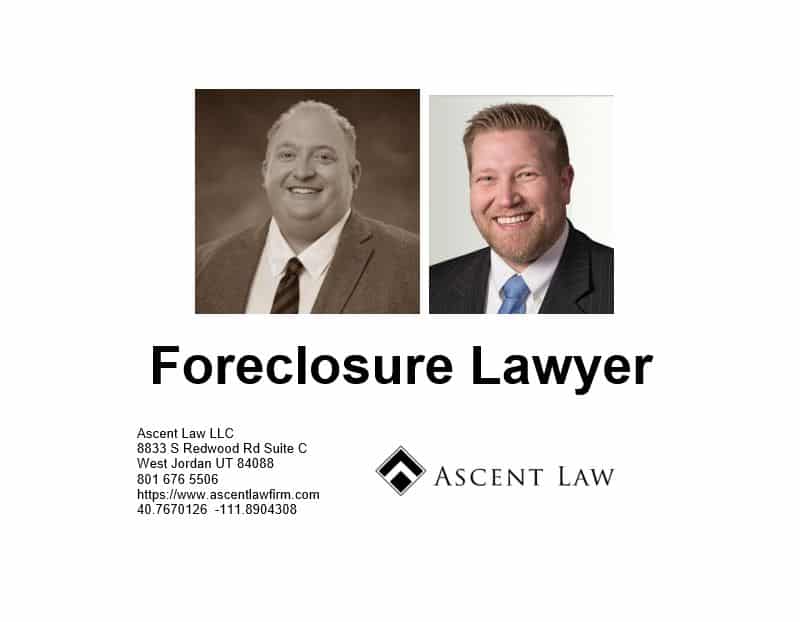
Brokers and dealers are required to follow specific procedures prior to publishing quotations of OTC equity securities or submitting quotations for publication in any interdealer quotation system. Rule 15c2-11 (17 CFR 240.15c2-11, under the Securities and Exchange Act of 1934) and FINRA Rule 6432 establish the rules, and Form 211 is the form the brokers and dealers must submit to the Financial Industry Regulatory Authority (FINRA) OTC Compliance Unit. Essentially, the rules and Form 211 require the brokers and dealers to obtain and review certain information relating to the issuer prior to publishing quotations for the issuer’s securities. For simplicity, “brokers and dealers” are referred to in this blog post as “publishers.”
Rule 15c2-11
The self-proclaimed purpose of Rule 15c2-11 is to “prevent fraudulent, deceptive, or manipulative acts or practices” among publishers in their publication of quotations of securities. The publisher must maintain in their records certain documents and information, some of which the publisher must believe to be “accurate in all material respects” (and the sources reliable) based on a “reasonable basis under the circumstances.” This certification applies to the requirement to maintain one of (1) a recent prospectus, (2) a recent offering circular, (3) the most recent annual report or annual statement and subsequent reports, (4) information published by the issuer since the beginning of the last fiscal year, or (5) specific information about the issuer which would be reasonably current on the day the quotation is submitted and reasonably available upon request. The documents and information required to be maintained but not requiring certification are (1) a record of the circumstances involved in the quotation’s publication, (2) a copy of any SEC trading suspension order, and (3) a copy or written record of any other material information. Publishers must retain the information for three years, the first two of which must be in an “easily accessible place.”
There are specific types of publications of securities quotations exempted from the rule, including for (1) securities traded on a national securities exchange the same day as or the day after being published; (2) securities published solely on behalf of the customer (subject to detailed limitations); (3) either (i) publication with an unsolicited customer indication for a certain number of days in the prior 30 days or (i) publication without an unsolicited customer indication but which has been the subject of both bid and ask quotations at specified prices for a certain number of days in the prior 30 days; (4) municipal securities; and (5) NASDAQ securities (if not suspended, terminated, or prohibited). The SEC may also exempt publications as “not constituting a fraudulent, manipulative or deceptive practice.”
FINRA Rule 6432
The requirements under FINRA Rule 6432 are in addition to those of Rule 15c2-11. They include specific instructions for the timing of filing Form 211 and a requirement to file (1) one copy of all information required to be maintained under Rule 15c2-11, with some exceptions, (2) identification of the issuer and the type of security, (3) the factors used in determining the security’s price, and (4) a certification that no one will be accepting payment prohibited by FINRA Rule 5250. There are other requirements for quotations not including a priced entry, and all filings with FINRA must be signed by a signed by a principal of the publisher’s firm.
Form 211
Ultimately the publisher must fill out and send Form 211 and related documents to the FINRA OTC Compliance Unit. Form 211 is comprised of five parts: (1) Issuer and Security Information, (2) Required Issuer Information, (3) Supplemental Information, (4) Regulatory Filings, and (5) Certification.
Part 1 (“Issuer and Security Information”) requires submission of certain information, including the name and contact information of the issuer type and amount of securities and any restrictions on the transfers of securities. If requesting to enter a bid or ask price, the publisher must provide a clear statement of the basis and factors for making the price determination.
Part 2 (“Required Issuer Information”) requires the person to check one of five boxes and attach one copy of all required information. This corresponds to paragraphs (a)(1)-(5) and (g) of Rule 15c2-11. The five categories and their respective required filings are:
• Recent offerings: A prospectus or offering circular;
• Reporting companies: The most recent annual report or annual statement;
• Foreign private issuers: The foreign exchange on which the issuer is listed, its security symbol, and the URL where certain issuer information is located
• Non-reporting & all other companies: Specific information about the issuer (16 specific items), which shall be reasonably current on the day the quotation is submitted and reasonably available upon request. Additional submissions include the issuer’s most recent balance sheet, profit and loss and retained earnings statement, equivalent financial information for the two prior fiscal years for the Issuer or any predecessor company, the documents that support the information provided in this form, and other information and submissions
Part 3 (“Supplemental Information”) requests supplemental information, including the circumstances surrounding the submission, identify of persons involved, whether the issuer has been subject to SEC suspension recently, and any material information regarding the issue
Part 4 (“Regulatory Filings”) requires submission of the company’s Central Index Key (CIK) number if the issuer files periodic reports with the SEC and other regulatory information if the issuer is an insurance company or files periodically with a federal banking agency or state supervisor and is a non-EDGAR company
Part 5 (“Certification”) concludes the form and is where the firm’s employee signs and certifies that the firm has a reasonable basis for believing that the information submitted is “accurate in all material respects and that the sources of information are reliable”, among other certifications.
Filing a Form 211 is not optional. Unless an exemption applies, brokers and dealers must comply with both Rule 15c2-11 and FINRA Rule 6432 in order to publish quotations of securities in an interdealer quotation system. Accordingly, brokers and dealers should consult a competent securities attorney to ensure compliance with the applicable rules.
Free Initial Consultation with Lawyer
It’s not a matter of if, it’s a matter of when. Legal problems come to everyone. Whether it’s your son who gets in a car wreck, your uncle who loses his job and needs to file for bankruptcy, your sister’s brother who’s getting divorced, or a grandparent that passes away without a will -all of us have legal issues and questions that arise. So when you have a law question, call Ascent Law for your free consultation (801) 676-5506. We want to help you!
8833 S. Redwood Road, Suite C
West Jordan, Utah
84088 United States
Telephone: (801) 676-5506
Recent Posts
What Is A Letter Of Memorandum?
{
“@context”: “http://schema.org/”,
“@type”: “Product”,
“name”: “ascentlawfirm”,
“description”: “Ascent Law helps you in divorce, bankruptcy, probate, business or criminal cases in Utah, call 801-676-5506 for a free consultation today. We want to help you.
“,
“brand”: {
“@type”: “Thing”,
“name”: “ascentlawfirm”
},
“aggregateRating”: {
“@type”: “AggregateRating”,
“ratingValue”: “4.9”,
“ratingCount”: “118”
},
“offers”: {
“@type”: “Offer”,
“priceCurrency”: “USD”
}
}
The post Rule 15c2-11 Interdealer Quotation first appeared on Michael Anderson.
Source: https://www.ascentlawfirm.com/rule-15c2-11-interdealer-quotation/


No comments:
Post a Comment